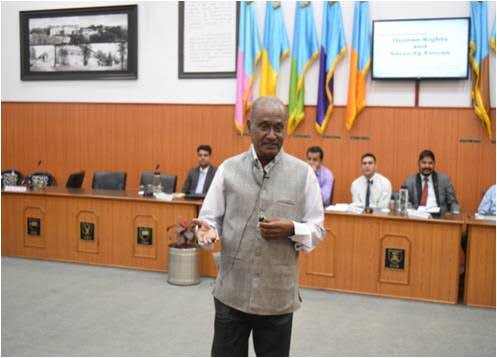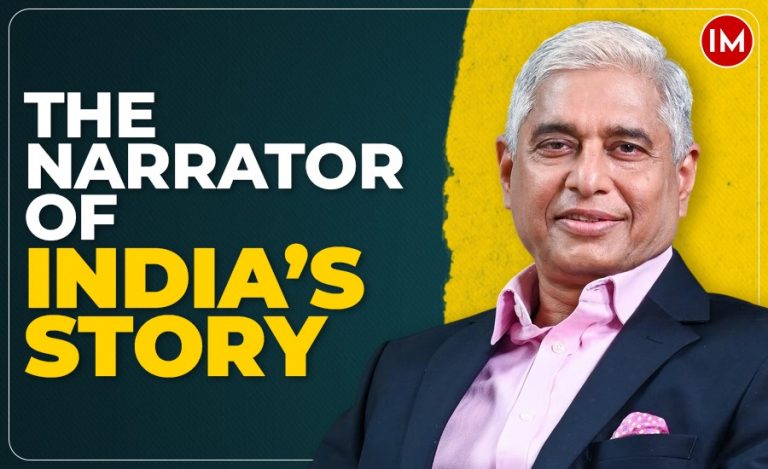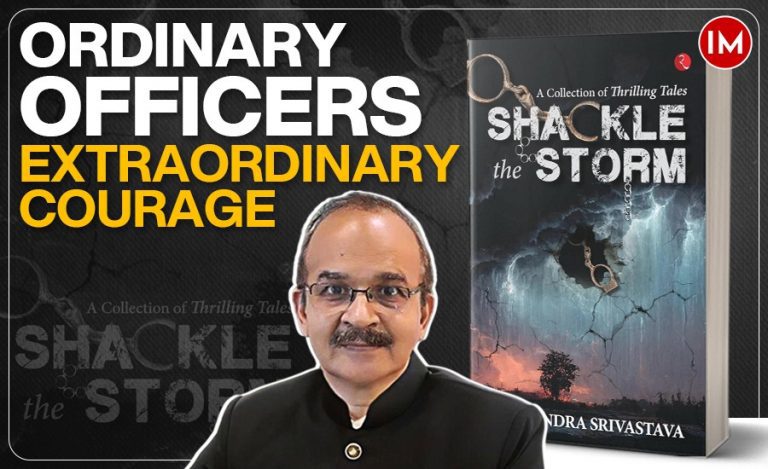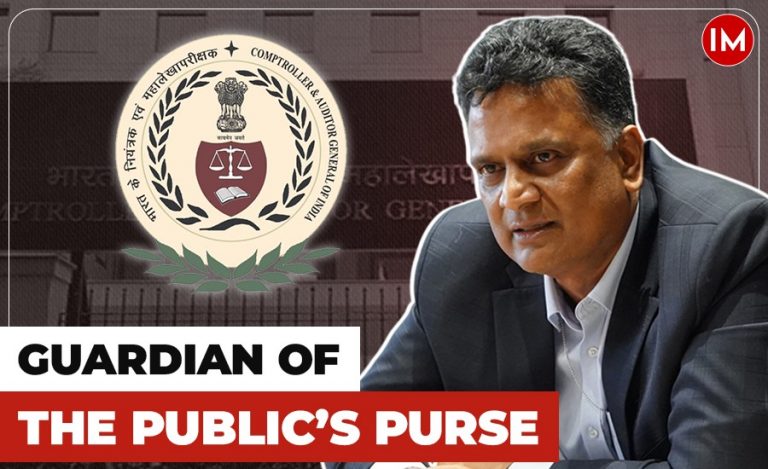India is no stranger to communal tensions and riots. Of late, too, the country is experiencing palpable tensions among different communities on religious and caste lines. The same situation was witnessed nearly two decades back in Rajasthan. The Trishul Deeksha organised by Vishwa Hindu Parishad on a mass level had resulted in hyper activity among Hindu fundamentalist, which further led to increased tensions between different groups.
At that time, IPS officer MK Devarajan was IG Intelligence and he took a bold step by putting VHP, International General Secretary of that time, Praveen Togadia, behind bars and reversed the volatile situation in the state.
In an exclusive conversation with Indian Masterminds, the 1977-batch officer of Rajasthan cadre spoke about this incident and some other major highlights of his career.
ARRESTING PRAVEEN TOGADIA
Mr. Devarajan, who had served in IB for five years, was posted as IG, Intelligence during early 2004. Rajasthan which used to have on an average of about 20 incidents of communal tension and two riots per year witnessed several fold increase of these during the previous year. During that time, Trishul Deeksha was being organised on mass level adding fuel to the whole situation. Mr. Devarajan said, “The weapon was only said to be a trishul but it was totally different from the traditional one. It was just like a dagger with two cuts in it. Mostly these were distributed by VHP in communally sensitive areas to increase their influence. Realizing the adverse effects of this, Madhya Pradesh government had already banned it and Rajasthan also followed the same.”
After the ban, Praveen Togadia first visited Ajmer where in a public meeting he he distributed trishuls and gave a highly provocative speech. Mr. Devarajan and his team arrested Togadia from there and managed to keep him behind bars for 10 days. This, coupled with registration of cases against some prominent leaders for giving objectionable speeches, resulted in reduction of all kinds of communal tension incidents. It had a huge impact as for the first time, Togadia was inside lock-up for so many days.
“He used to be a hot potato and after every arrest he used to get out in no time. Such was his influence! We had arrested him under sedition charges which is mired in a lot of controversies these days. However, we had full justification for our action. Many DGPs other states called me to know how we managed to book Togadia so effectively.” Mr. Devarajan said.
NAGRIK SAMITI
He had also served as SP of three districts – Jhalwar, Nagaur and Tonk. In these postings, his work majorly involved managing the law and order. “Community policing was still in infancy stage in India at that time. Nothing big was happening on that front. However, in 1989, when I was in Nagaur, the then DGP had started the establishment of Nagrik Samiti in every police station. The Samiti was there to help us in maintaining good rapport with the public and know their needs. It also helped the police in managing emergency situations,” said the officer.
However, after the retirement of the DGP who started it, the initiative gradually forgotten. In 1993-94, when Mr. Devarajan was posted as DIG, Bikaner range, he re-introduced the concept and received lot of appreciation for it. . Later, when Rajasthan Police introduced community policing in a major way and got national and international recognition for it, Mr. Devarajan was the Nodal Officer for Community Policing in Rajasthan from 2005 to 2009. He is a founder member of National Police Mission where he headed Micro Mission 2 dealing with Community Policing until his retirement and he continues to be its co-opted member. He has submitted maximum number of reports to the Mission from among all its members.
This is not all. There is much more to this officer. Mr. Devarajan is also the man behind forming the silicosis policy in Rajasthan. To know how and why he introduced it, wait for the second part of his story, which will be published soon.


































